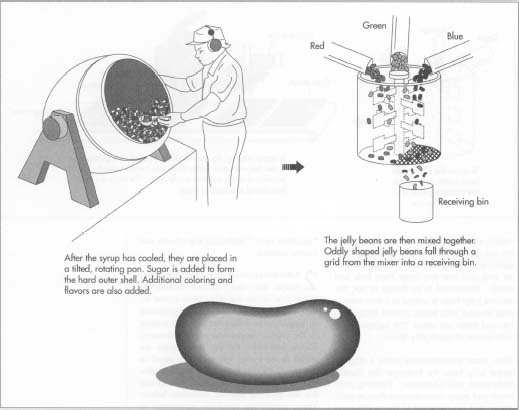 The thing is, I suddenly find myself attending two book clubs. I received an invitation from M. after the Mondo Organics dinner and after perusing the list of forthcoming books, I thought any group of people who would elect to read John LeCarré’s Tinker, Tailor, Soldier, Spy would be a lot of fun. I’m reading that now, in preparation for next month, but the first book I discussed with this group was the aforementioned Cautionary Tales.
The thing is, I suddenly find myself attending two book clubs. I received an invitation from M. after the Mondo Organics dinner and after perusing the list of forthcoming books, I thought any group of people who would elect to read John LeCarré’s Tinker, Tailor, Soldier, Spy would be a lot of fun. I’m reading that now, in preparation for next month, but the first book I discussed with this group was the aforementioned Cautionary Tales.One attendee got the discussion off to a rollicking start by declaring she didn’t like the book at all. That didn’t go down terribly well with the person who had recommended the book to the group. I wondered if there was some kind of book club etiquette that should have been observed before the dissenting reader burst forth with her negative opinion. Aren’t you supposed to build up to these kinds of blanket dismissals? In the face of such obvious disagreement to her reading, the dissenter was obliged to elaborate, beyond ‘It’s just not my kind of thing’. Well, what did she mean? Was it the conversation with fairy tales and myths of happily ever after in which the stories were engaged? ‘No-o-o-o’. Was it the twists of magical realism that frustrated or confused? ‘No-o-o-o’. Did she want a happy ending? ‘No-o-o-o’.
It turns out that it was the short story form that the dissenter didn’t especially like. Fair enough, but that leads me to think that the objection was in fact to some kind of perceived deficit with the endings. That’s the thing about short stories, isn’t it? The thing that either makes them or breaks them, far more than longer—or, for that matter, shorter—forms is the ending. So, as short stories, I think they were very well crafted. There was no rushing from one to the next, because time was required in between, to absorb the impact of the endings; to travel back through the story in your head to reassess everything that happened leading up to those final lines; and to picture the various images that the words had created, as well as the philosophical questioning they evoked.
The second book club I seem to be attending met today to nominate books for the year ahead. One of the key criteria for selection was availability from the Brisbane City Council Library. The reasoning goes something like this: the book can’t be too new, especially if it’s a prize winner, because the demand for it is likely to be so high that we wouldn’t all get a chance to borrow it before the monthly meeting. There was much talk about the experience of being number 300 on the waiting list for an in-demand title, which didn’t sound too promising. Research was undertaken by E.* into Vogel and Booker prize winners of which the library held multiple copies—112 in one case! A mere 2, in another—and so from that list we made various selections.
 I didn’t mention it at either of the groups, but whether or not the Council library has multiple copies of the books may well be a moot point for me. I’m fairly certain I still owe them money from a fine I accrued about five years ago. I wonder if they’d let me back through the doors? I should probably just cough up, since it will be less expensive than buying all the books. Or I could see whether the two university libraries at which I have borrowing rights are up to scratch with their contemporary fiction collections. Between them, they did alright with Tinker, Tailor, Soldier, Spy; I’ll have to see about The Time Traveler’s Wife.
I didn’t mention it at either of the groups, but whether or not the Council library has multiple copies of the books may well be a moot point for me. I’m fairly certain I still owe them money from a fine I accrued about five years ago. I wonder if they’d let me back through the doors? I should probably just cough up, since it will be less expensive than buying all the books. Or I could see whether the two university libraries at which I have borrowing rights are up to scratch with their contemporary fiction collections. Between them, they did alright with Tinker, Tailor, Soldier, Spy; I’ll have to see about The Time Traveler’s Wife.*Whom we nominated our fearless leader on the basis that she was the most organised in attendance




